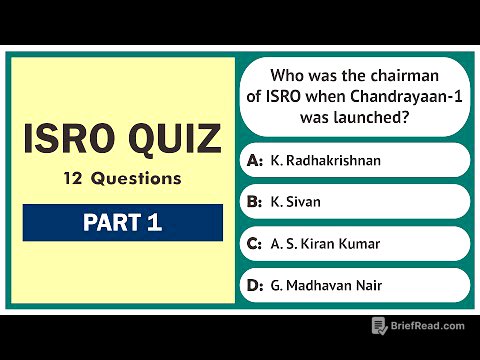TLDR;
This video explains the differences between commonly confused English words: "tell" and "say," "do" and "make," "listen" and "hear," and "speak" and "talk." It highlights the importance of understanding these nuances for accurate communication and improved scores on English proficiency tests.
- "Tell" usually comes before a direct object, while "say" focuses on the words spoken without needing a direct object.
- "Do" is for general or routine activities, while "make" is for creating or producing something new.
- "Listen" implies intentional and attentive hearing, while "hear" is unintentional.
- "Speak" is used in formal situations, while "talk" is for informal conversations.
Tell vs. Say [1:37]
"Tell" is used when mentioning a person directly, typically followed by a direct object (e.g., "Tell someone something"). For example, "She told me a story." The focus is on conveying information to someone. "Say" is used when you do not mention the person directly or when focusing on the words themselves. "Say" is generally not followed by a direct object. You can either quote the person exactly or report what they said by changing the sentence to the past tense (e.g., "She said she was tired").
Do vs. Make [9:12]
"Do" is used for general activities, repetitive tasks, and routine actions (e.g., "do homework," "do the dishes"). "Make" is used when you create or produce something that did not exist before (e.g., "make a cake," "make a sandwich"). The distinction lies in whether you are performing an existing task or creating something new. There are also specific phrases that always go with either "do" or "make," which often need to be memorized.
Listen vs. Hear [16:43]
"Listen" implies intentional and attentive hearing with concentration (e.g., "listen to music," "listen to the teacher"). "Hear" is unintentional, meaning you perceive a sound by chance without actively focusing on it (e.g., "hear a noise," "hear birds"). "Listen" involves focus and intention, while "hear" is simply the sensation of sound.
Speak vs. Talk [21:25]
"Speak" is used in formal situations, such as addressing a manager or giving a presentation (e.g., "speak to the manager"). "Talk" is used in informal conversations with friends and family (e.g., "talk about a topic"). "Speak" is more formal and often used in professional settings, while "talk" is casual and conversational. You can "talk to" or "talk with" someone, and "talk about" something.









